Laboratory Freeze Dryer: Unveiling the Secrets Behind This Crucial Device


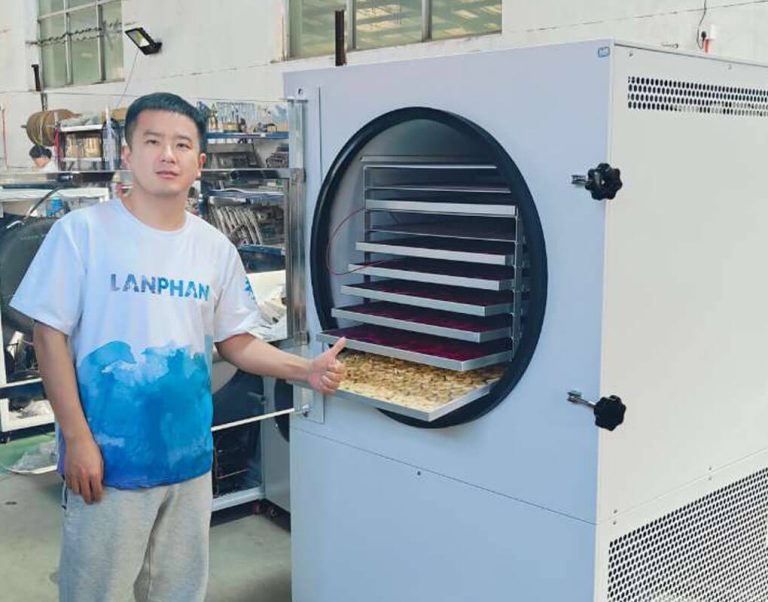
Preserving food is important to keep it fresh and usable. Freeze dryers and dehydrators are two ways to do this. Knowing their differences helps you pick the right one. Freeze dryers keep more nutrients and flavor in food. Dehydrators are cheaper and easier to use. Interest in saving food is growing, as shown by trends:…
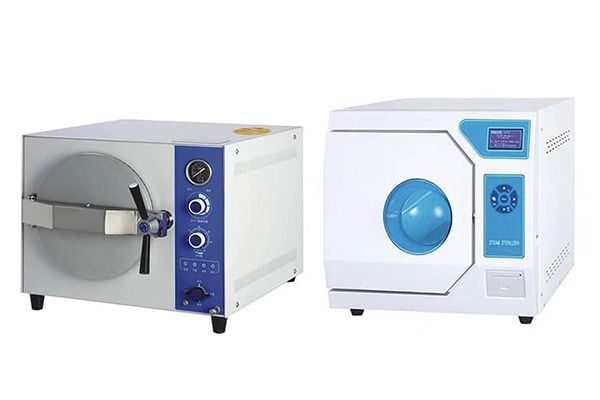
In today’s rapidly advancing world, industries that require sterilization and decontamination of products, equipment, or materials rely heavily on autoclaves. These essential machines are crucial for ensuring safety, hygiene, and quality across a wide range of sectors, including healthcare, pharmaceuticals, laboratories, and more. If you’re looking for an autoclave that combines efficiency, reliability, and innovation,…
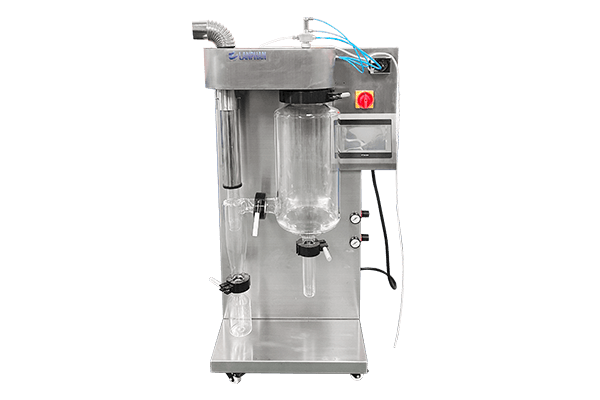
The quality of ingredients in powder form creates a most significant difference in the competitive food manufacturing industry. Whether in powder form, coffee, milk powders and protein mixes, the manufacturers of such products utilize the most efficient and accurate forms of drying to maintain flavour, texture and nutritional elements of the products. There is one…
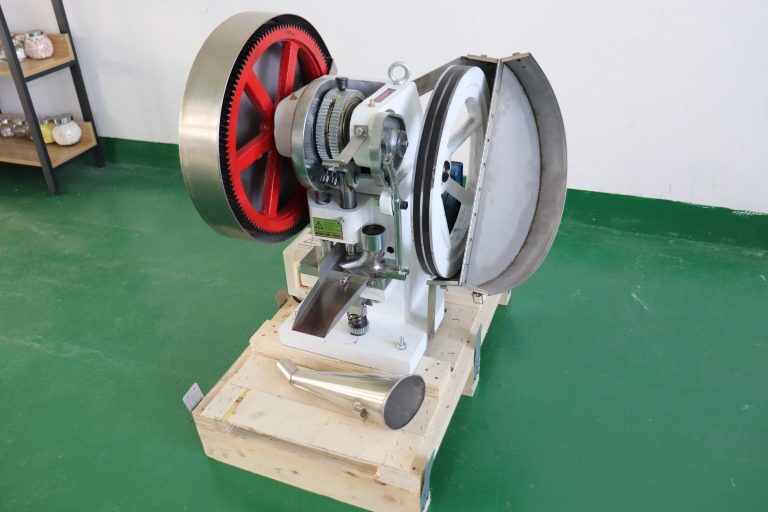
A tablet press is a machine that shapes powder into tablets. The tablets are the same size and shape. There are two main types: single-punch and rotary tablet presses. Each type is used for different production needs. Single-punch tablet presses are great for making small amounts. They are simple and precise, perfect for schools or…
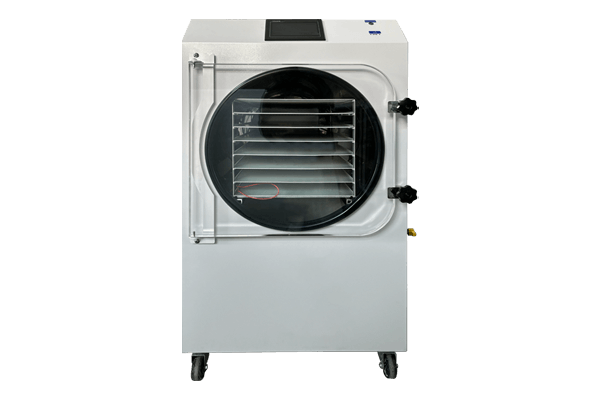
When it comes to preserving food, pharmaceuticals, and various other sensitive products, freeze drying has emerged as one of the most effective and innovative solutions. As a pioneer in the field of freeze drying technology, Lanphan provides high-quality freeze dryers that cater to a variety of industries. In this blog, we’ll dive deep into the…
If you’re diving into the world of cannabis concentrates, you’ve likely heard of the TS-50 Bubble Hash Trichome Separator. This machine is a game-changer for anyone serious about extracting the purest and most potent hash possible. But what makes the TS-50 so special? Let’s explore why this trichome separator is a must-have for any hash-making…